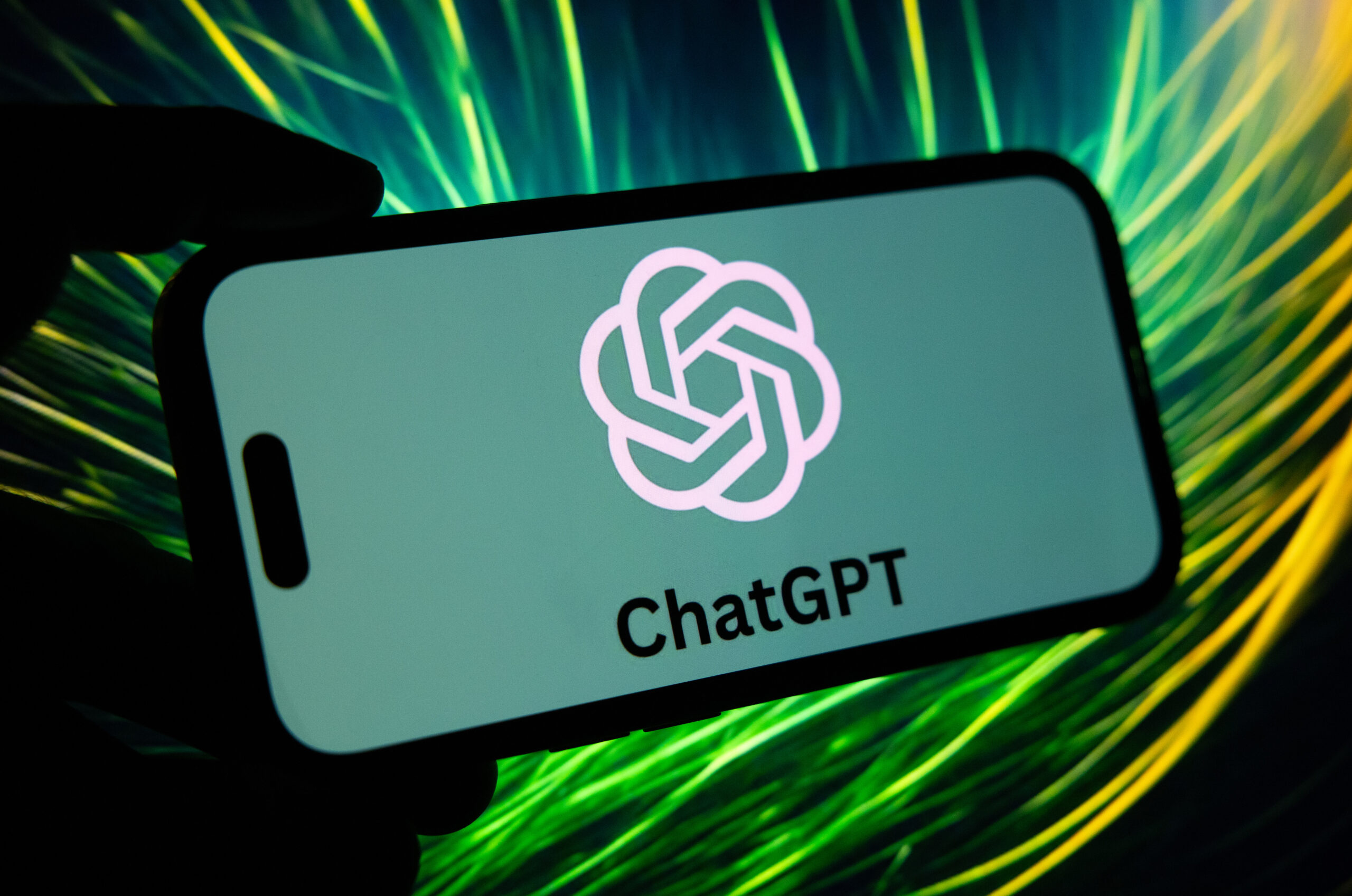OpenAI is launching parental controls for ChatGPT, which it announced following a lawsuit alleging a teenager who died by suicide this spring relied on the popular chatbot as a coach.
The tools, pushed out to all users Monday, let parents limit the ways teenagers use the chatbot and receive alerts if ChatGPT determines a teenager may be in distress. The controls, which are accessible through ChatGPT’s settings, also enable parents to set the hours when their child can’t use the service (the chatbot is meant for users who are 13 or older).
The update comes in the wake of mounting pressure for the artificial intelligence startup to make changes to its chatbot, which has amassed over 700 million users since its launch in late 2022. After the family of Adam Raine sued OpenAI and its chief executive officer, Sam Altman, in August over the California high school student’s death, the company announced a slew of changes to ChatGPT, including parental controls. The suit, which followed a string of other reports about heavy chatbot users engaging in harmful behavior, alleges that ChatGPT systematically isolated Raine from family and helped him plan his death. He died by hanging in April.
“We have felt urgency around this for a while,” said Lauren Jonas, OpenAI’s head of youth wellbeing, adding that the company is working as quickly as it can to build tools such as the parental controls.
In order to set up the new option, an adult ChatGPT user sends a request by email to their child. If the invitation is accepted, the adult can then take actions like deciding if the teenager can access ChatGPT’s voice mode or its ability to generate images, or choose whether the chatbot can reference prior conversations. The tools also allow parents to determine whether they want their child to use a restricted version of the chatbot that is meant to show less content related to topics like dieting, sex and hate speech.
If ChatGPT detects a teenager may be in mental distress, a human reviewer will determine whether to send an emergency alert to a parent. These alerts can be set to come via email, text messages and notifications from the ChatGPT app.
Jonas said the alerts are meant to give parents enough knowledge about a potentially harmful situation to have a conversation with their teenager while still respecting the child’s privacy and autonomy. OpenAI will not share a teenager’s ChatGPT conversations with their parents, she said.
In addition to the parental controls, San Francisco-based OpenAI has said it is working on software to predict a user’s age, which the company plans to use to guide how ChatGPT responds to those who are under 18.
Copyright 2025 Bloomberg.

Want to stay up to date?
Get the latest insurance news
sent straight to your inbox.
